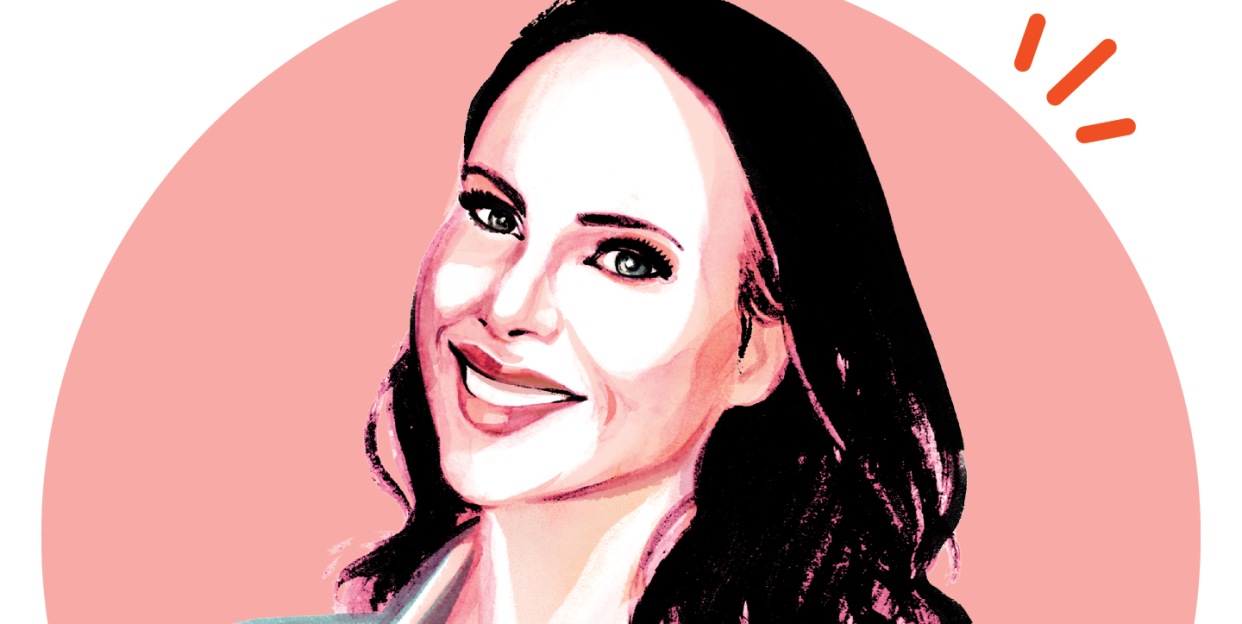Why This Woman Says Self-Care Sometimes Means Discipline

We live in a society where stress is always considered a negative, but you show me one person who has changed their life, who has impacted the world in a positive way, who has done something extraordinary…and lived completely stress-free.
A life with friction is a life of growth. From a physiological standpoint, the body thrives under resistance. It needs grit. Think about this in terms of muscle, which needs tension to grow. Or a parked car: When it’s parked with the engine running, yet doesn’t go anywhere, the battery dies. (Failure to put it in motion means eventually it won’t start due to lack of input—like a car, humans are designed to drive.) Without stress, we atrophy.
I’ve been seeing patients for 15 years, and the ones who get the sickest are those with the cushiest life. When we don’t challenge ourselves with something uncomfortable, there’s a subtle decline in well-being, which I believe is an illness of complacency.
That’s why implementing personal integrity with discipline can allow you to care for yourself. And what is self-care? It’s the ability to be your own best friend, to have your back. And stress, at its core, is an internal response to an external stimulus that can be interpreted as positive, negative, or neutral.
You can work to change your stress response by shifting how you speak to yourself. We have a monologue in our heads that can turn into a dialogue where you talk back to your own thoughts.
Personally, I have two little children, I run a concierge medical practice, I’m writing a book, I’m cranking out content on Instagram, I’m speaking at events, in addition to having a husband in full-time medical school. It’s a lot of responsibility. Instead of saying, Oh my god, I’m so stressed, my internal narrative is: Bring it. Let’s go.
Practice a courageous response. This takes cultivation! Need help? Use lulls in the day to raise your thought process about yourself. For example, if you’re thinking, All I do is sit at a computer, and I can’t work out, get up and do a few pushups to prove that you can do it. Just do something.
Pushing yourself physically, with fitness, is a gateway for potential. You have a choice to quit, to not show up, but at the end of the day, it’s you that you leave on the table. Exercise, particularly strength training (I do kettlebells and weight lifting), is phenomenal because it’s difficult. Any action that builds physical resilience also nets mental resilience.
We need to view toughness as a positive attribute too. It’s not about being tougher on someone or on yourself; it’s about being tough enough to navigate the world. So that you can go out and dominate, whatever that means for you, as opposed to being a passenger in your life. And that takes discipline and facing adversity yet refusing to be mediocre.
Choose to be excellent in your own way; choose self-care.
As told to Abby Cuffey by Gabrielle Lyon, DO, physician, founder of the Institute for Muscle-Centric Medicine. This article originally appeared in the July/August issue of Women's Health, on newsstands now.
You Might Also Like

